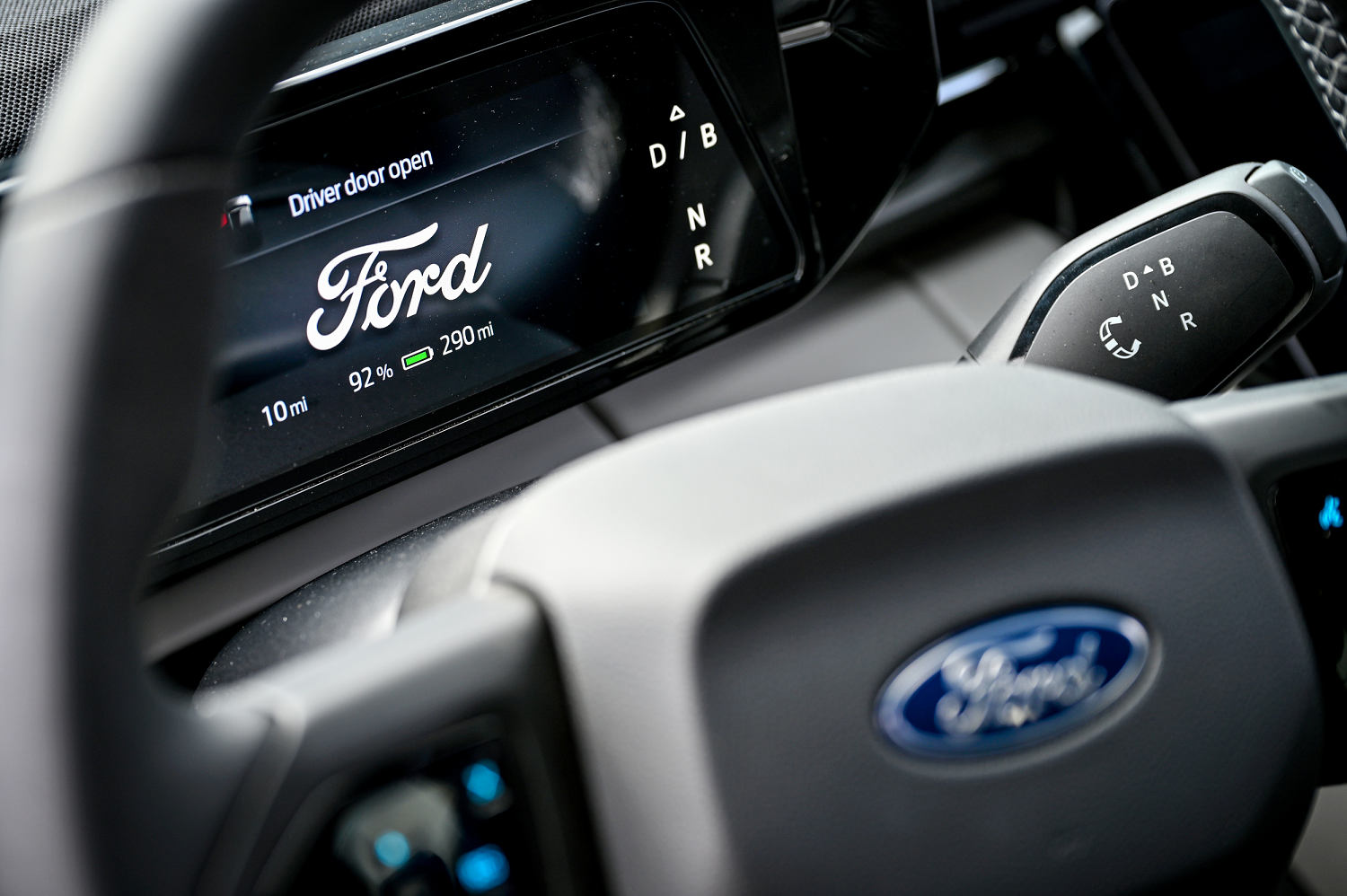
Ford Motor Company has agreed to pay $165 million, the second-largest auto penalty ever issued by the National Highway Traffic Safety Administration, to settle charges it failed to comply with federal recall requirements.
In a release, the National Highway Traffic Safety Administration said Ford had agreed to pay the massive fine, including an up-front payment of $65 million, over allegations the auto maker failed to file recall reports on time, and that some of its reports contained inaccuracies.
“The total civil penalty amount of $165 million is second only to the Takata airbag consent order in the agency’s 54-year history,” the NHTSA said in a statement.
The Ford penalty stems from a multi-year investigation into the automaker’s handling of defective rollover safety cameras on a number of its models, including its popular F-150 trucks and Explorer SUVs.
NHTSA said it had received 15 complaints about the cameras showing blank screens. Ford said no injuries or fatalities were associated with the recall.
“Timely and accurate recalls are critical to keeping everyone safe on our roads,” NHTSA Deputy Administrator Sophie Shulman said in a statement. “NHTSA is committed to ensuring manufacturers comply with the laws designed to keep our roads safe. When manufacturers fail to prioritize the safety of the American public and meet their obligations under federal law, NHTSA will hold them accountable.”
Ford will also operate under a three-year consent decree that will require it to submit to recommendations made by an independent third party overseer.
In a statement, Ford said it disagreed with NHTSA’s findings but that it was pleased to administratively settle the dispute with the regulator.
Ford has struggled with quality-control issues in recent years, which have weighed on its bottom line. In July, its stock plummeted after it reported quarterly earnings that were wide of expectations, something it blamed on a surge in warranty expenses.
“The warranty challenges are frustrating for investors, as they come on the heels of many other warranty issues in past years and at times drag results without warning,” Barclays analysts wrote in a research note shortly after the summer earnings release.
Ford CEO Jim Farley has said the company is working to address the quality-control issues, many of which stem from products made before 2021, the company says.
Farley has pointed to the company’s jumping 14 spots in J.D. Power’s “initial quality” report earlier this year as a sign the company is making progress on addressing those issues.








